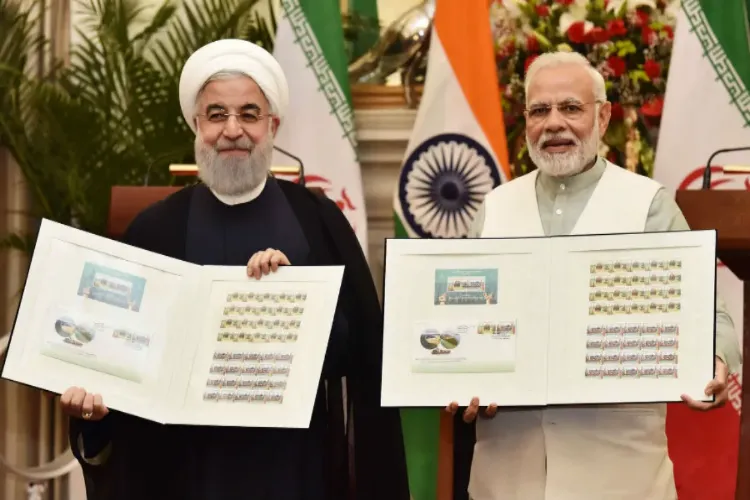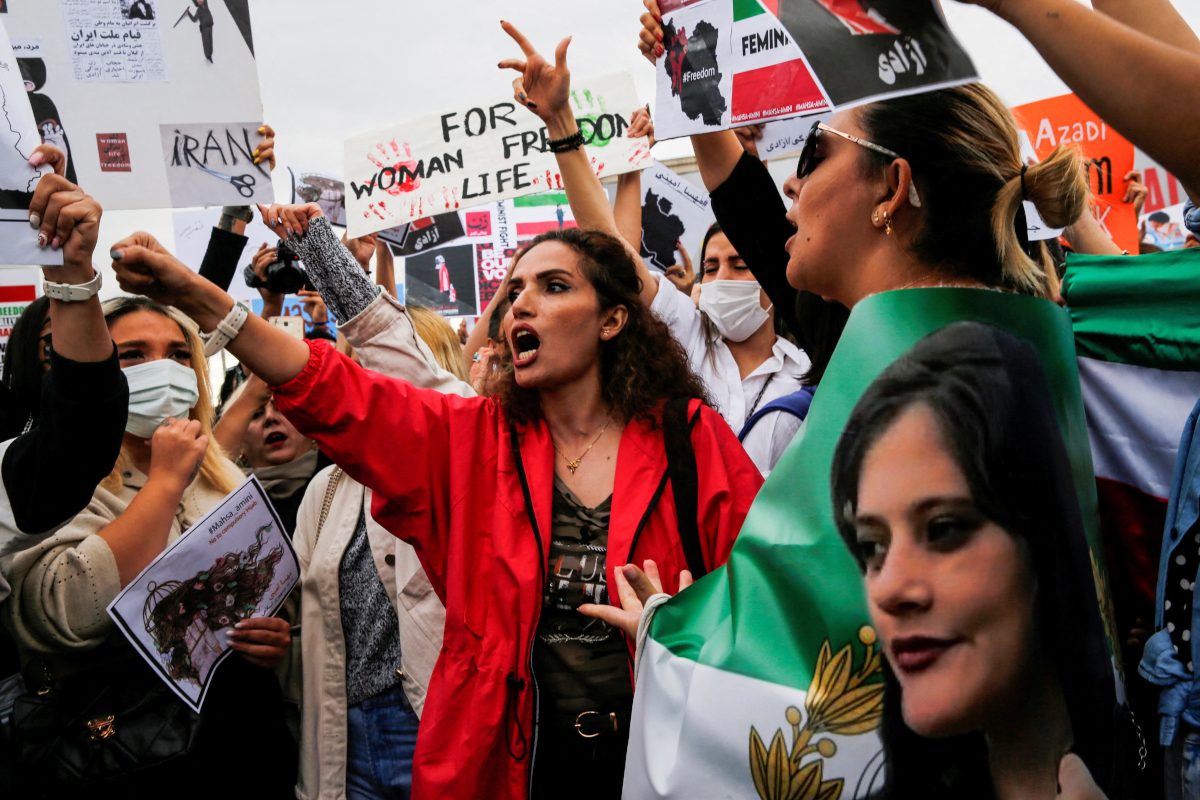
Shujaat Ali Qadri
India and Iran are joined to the same civilisational umbilical cord. Their ties have withstood tests of centuries. Neither the upheavals of medieval periods nor the incessant tumults of modern Middle East conflicts have corroded the warmth between these two ancient countries. Against this backdrop, Iranian Supreme Leader Ayatollah Syed Ali Khamenei’s recent remark clubbing India as the oppressor of Muslims along with Israel and Myanmar flummoxes observers of the West Asia affairs.
What prompted Ali Khamenei’s uttering? His track record suggests that he has the penchant of a theologian for making unilateral authoritative statements on every issue. The Iranian government, led by democratically elected representatives and professionally trained civil servants, often finds themselves at variance with his providence.
The Iranian government avoids criticizing the Supreme Leader, but its diplomats try to assuage the friendly country that feels incensed by his remarks. In the case of India, it has happened many times. Both Khamenei’s predecessor Ayatollah Khomeini and he had made “Muslims in danger in India” kind of statements in the 1980s and 1990s and then Iranian diplomats had to immediately convey “clarification” to India so that ties between the two countries stayed immune from posturing for the domestic audience or the Muslims of the world at large. Thus, India and Iran relations have maintained continuity only because of timely fence-mending from both sides.
Iranian Supreme Leader Ayatollah Syed Ali Khamenei who plays to the galleries
However, it will be appropriate to remind Khamenei and his hardline supporters why his remarks were absolutely baseless and even malignant. Muslims, even people attached to the Iranian mission, enjoy total freedom in India. Unlike Iran, they have complete democratic rights. Indian Muslims are no doubt grappling with several problems, some of them very serious, but they are putting up a brave front and their faith in the democratic and constitutional means is unwavering.
Khamenei made these remarks on a day when Iran’s cultural organ – Iran Cultural House in New Delhi – was organizing a Quran recitation event in the run-up to its grand celebration of Eid Milad-un Nabi (Prophet Muhammad’s birthday celebrations). Eid Milad was marked on a humongous scale throughout India and the state governments provided full assistance to ensure that processions are conducted hassle-free.
Iran was the first country to start a formal cultural mission in India. The Iran Culture House was the first culture house of any foreign country in New Delhi that was established after India’s independence. It has been dynamic from the very beginning and remains so after 80 years. To cite an example, Qand-e-Parsi magazine, which is published by the Persian Research Centre, Iran Culture House, is the most coveted Persian language magazine outside Iran. It's a 40-year publication.
Being highly vivacious, the Iran Culture House organises seminars and other events to forge an understanding of people about Iran and India. People from every walk of life, whether public or private, take part in these events. Many times, such people are also felicitated by the Iranian mission. On such occasions, speakers from Iran reiterate that India is the most friendly and peaceful country in the world. Perhaps, the Iranian mission should dispatch details of such programmes to the office of their Supreme Leader.
 Iranian Women protesting against curbs on their rights
Iranian Women protesting against curbs on their rights
Many Indians join Persian language classes and other courses offered by the Cultural House. These cultural houses are a testimony to non-discrimination against Muslims. The Indian government supports 140 Persian language teaching groups in Indian universities, and the Indian Parliament recognises Persian as one of the classical languages of India in 2020.
Similarly, Indian delegations are sent on annual tours to Iran and introduced to Iranian officials, many of them being those close to Khamenei. Those who have been part of such delegations recall that all these Iranian dignitaries vouch for India's democratic country, for every Indian.
In India, a province goes to polls at an interval of a few months. Muslims, like all others, take part in these polls as equals. They surely face problems in having their due share from their respective parties which they support, but their democratic rights are second to none.
Recently, Iran became a part of the BRICS grouping, and it was supported by India. Late Iranian President Ebrahim Raisi openly thanked India for its timely support. India has also bypassed international sanctions to purchase Iranian oil to help the Iranian economy.
Such a friendly backdrop makes a case for an even closer India-Iran friendship. The Supreme Leader must be advised properly, and if he makes wrong statements, he must not be shy of making course corrections.
The classical India-Iran literature in Sanskrit, Hindi, Urdu, and Persian has portrayed these two great countries as harbingers of world peace. Different avenues of cooperation should be sought on this front.
ALSO READ: Muslim women must join STEM to contribute to Indian economy's rise
Iranian and Indian thinkers have written the best verses in Persian to invite the people of the world to peace, friendship, tranquillity, kindness, and respect for each other.
